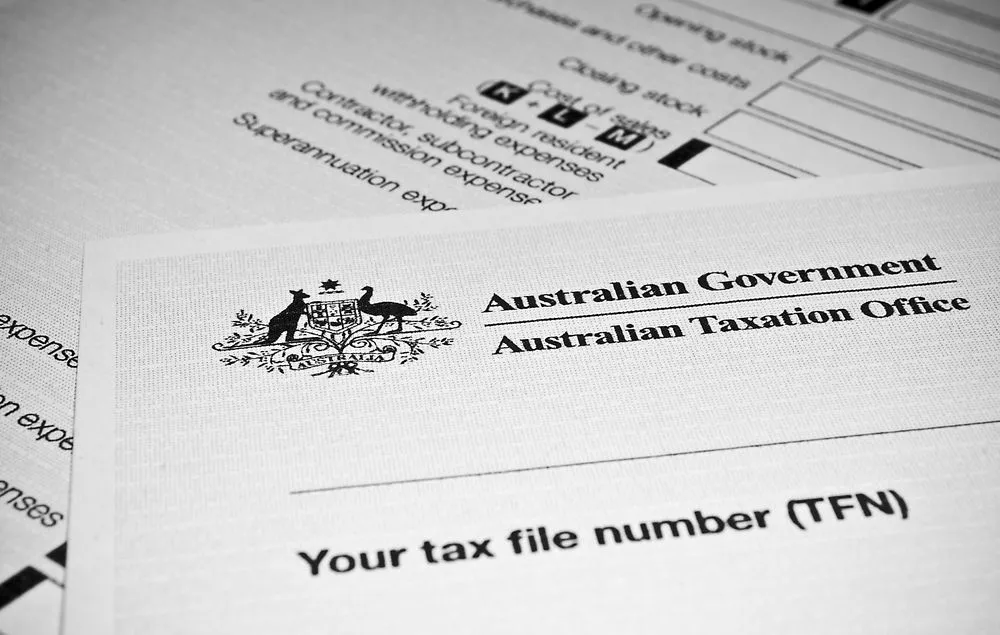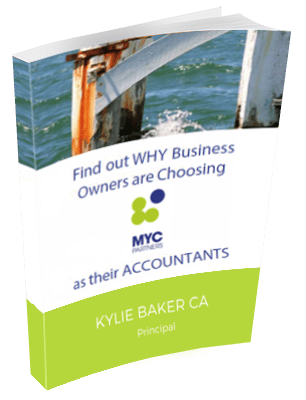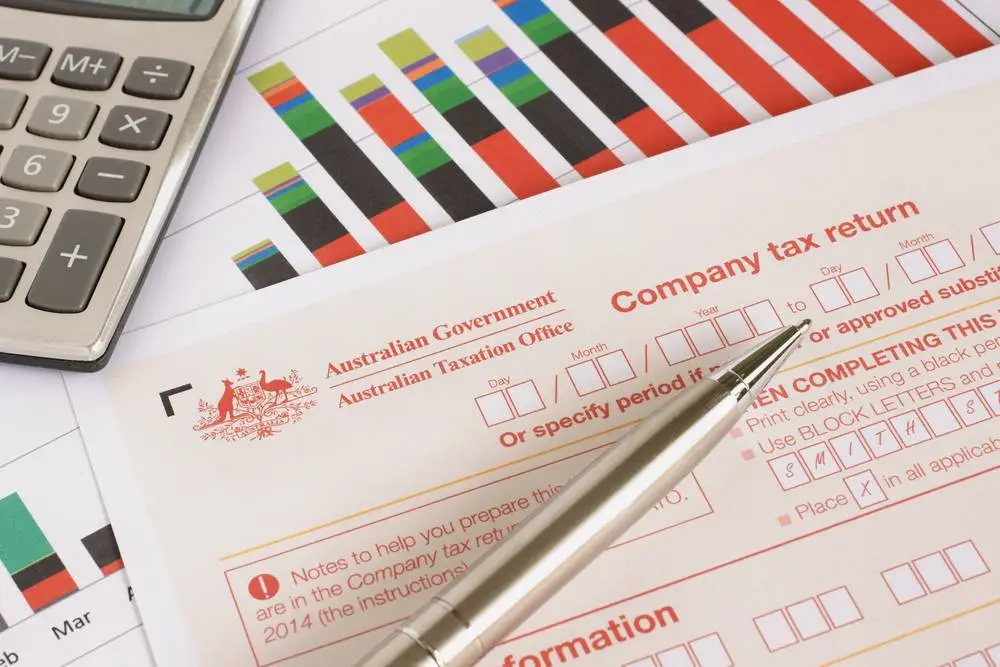
For small business owners, the prospect of an audit by the Australian Taxation Office (ATO) can seem intimidating. Yet, it’s important to remember that these audits are a standard part of ensuring legal compliance and accuracy in your financial affairs.
There’s no need for the word ‘audit’ to set off alarm bells.
Managing an ATO audit can be a straightforward process with the right preparation and knowledge. The purpose of this article is to guide you through the necessary steps you need to take before, during, and after an ATO audit.
By staying informed and organised, you’ll prepare your business for any scrutiny and reinforce the confidence that there’s nothing to fear should the ATO come calling.
Learning About ATO Audits
What does an ATO audit involve?
It’s a thorough review of your financial records to ensure the accuracy of your tax reporting.
Small businesses might face an audit for various reasons, like inconsistencies in tax returns or consistently late lodgements.
Although the thought of an audit can be unsettling, seeing it as a chance to reinforce and validate your record-keeping practices can actually be of benefit to your business. Knowing the fundamentals of an ATO audit, from the reasons behind it to its process, is crucial. It helps clear any misconceptions and prepares you to handle the audit confidently and comprehensively.
Preparation For An ATO Audit
Maintain Organised Records
Being well-prepared is your first line of defence when it comes to an ATO audit. Start by ensuring that all your financial records are in order and easily accessible. This includes invoices, receipts, bank statements, and other documents supporting your tax returns.
Implementing a reliable bookkeeping system is a necessity and a smart business practice, helping you track and manage your financial affairs efficiently.
Embrace Digital Storage
Embrace the shift towards digital record-keeping.
With the ATO recognising electronic records, storing your financial data digitally is the way to go. This method simplifies information retrieval and increases accuracy and security during an audit. Regularly updating and backing up these electronic records is essential to prevent any loss of data.
Stay Informed On Compliance
Staying informed about your tax obligations and consistently complying with them plays a significant role in audit preparation. Keeping up with tax laws, submitting returns on time, and accurately reporting all incomes and expenses can significantly reduce the likelihood of discrepancies and, consequently, audits.
Be aware of specific triggers that might prompt an ATO audit. Consistently late lodgements or significant, unexplained fluctuations in your financial reports can raise red flags. Ensuring timely and consistent reporting is not just about compliance; it’s also about avoiding these triggers.
Compliance Obligations
1. Understand Your Tax Requirements
- Know the specific tax laws for your business structure (sole trader, partnership, company, etc.).
- Seek professional advice for any uncertainties.
2. Stay On Top Of Deadlines And Payments
- Mark key lodgement and payment dates in your calendar.
- Set reminders ahead of deadlines for preparation.
- Automate payments where possible.
- If you can’t meet a deadline, formally request an extension from the ATO.
- The key is to communicate with the ATO if you are having difficulties meeting deadlines.
3. Ensure Accuracy In Reporting
- Regularly cross-check all financial figures.
- Claim only eligible deductions and report all cash flows accurately.
- Amend any errors promptly to avoid discrepancies.
- Develop and maintain reliable systems for financial reporting.
4. Regular Tax Law Review
- Keep updated with changes in tax legislation.
- Understand how these changes affect your income, expenses, and deductions.
5. Timely Lodgement Is Crucial
- Avoid delays in submitting tax returns and reports to prevent penalties.
- It is better to lodge on time even if you can not make the payment.
6. Proactive Tax Management
- Conduct regular self-audits to identify and resolve any issues.
- Establish and follow robust internal systems for managing your tax affairs.
Audit Insurance: A Safety Net
Audit insurance is an often overlooked but valuable tool for small business owners. It serves as a financial safety net, covering the costs associated with being audited, such as professional fees for accountants or advisors. Audit insurance can provide significant peace of mind, especially in high-risk industries or complex tax situations.
Consider the nature of your business and assess the potential risks and costs of an ATO audit. Audit insurance isn’t about avoiding compliance but rather ensuring that if you do face an audit, you’re not burdened by the unexpected financial strain. A layer of added protection can be a wise investment, providing reassurance that your business is well protected.
During The Audit: Dos And Don'ts

ATO audits require a balanced approach. Here are some key dos and don’ts:
Do:
- Provide Requested Information: Furnish only the specific documents and information requested by the ATO. It keeps the audit focused and efficient. There is no need to provide additional information beyond that which has been requested.
- Stay Organised: Have your records neatly arranged and readily available. Good organisation demonstrates professionalism and can expedite the audit process.
- Seek Professional Help: Involve your accountant or tax advisor actively during the audit. They play a key role in providing information, strategising responses, and managing the entire audit process. Their expertise can be invaluable in ensuring a smoother audit experience and in addressing any issues that the ATO might raise.
Don’t:
- Guess Answers: It’s better to say so if unsure about a question rather than provide incorrect or speculative information. Follow up with accurate answers after consulting your records or advisor.
- Panic: Stay calm and cooperative. Audits are a standard procedure and not necessarily an indication of wrongdoing.
Remember, the audit aims to verify your tax compliance, not to intimidate. By being prepared, organised, and transparent, you can handle the audit process more smoothly and confidently.
Understanding Your Rights And Obligations
During an ATO audit, you must know your rights and obligations. It is your right to understand what the audit entails, why it is being conducted, and when it is expected to be completed. You have the right to professional representation during the process, such as an accountant and/or lawyer.
On the other hand, your obligations include providing accurate and complete information as requested and cooperating with the audit process. If you disagree with the audit’s findings, you have the right to appeal the decision. Awareness of these rights and obligations ensures a more transparent and fair audit process for your business.
After The Audit: Next Steps
Once the audit is completed, taking specific actions based on the findings is crucial. If there are discrepancies or areas for improvement, address these promptly. A tax specialist can help you refine your tax strategies by refining your accounting software, upgrading your bookkeeping practices, or investing in better accounting software. Use the audit as an opportunity to strengthen your financial processes and record-keeping, making your business more robust against future audits.
Conclusion
An ATO audit doesn’t have to be stressful. You’ll confidently handle any review with thorough preparation, understanding of your obligations, and proactive financial management.
Embrace these audits as opportunities for validation and improvement, reinforcing the integrity and resilience of your business in the ever-evolving landscape of tax compliance.
Ready to ensure your business is fully prepared for any ATO audit? The key is expert guidance. Contact a qualified accountant now and take the first step towards audit-proofing your business.







